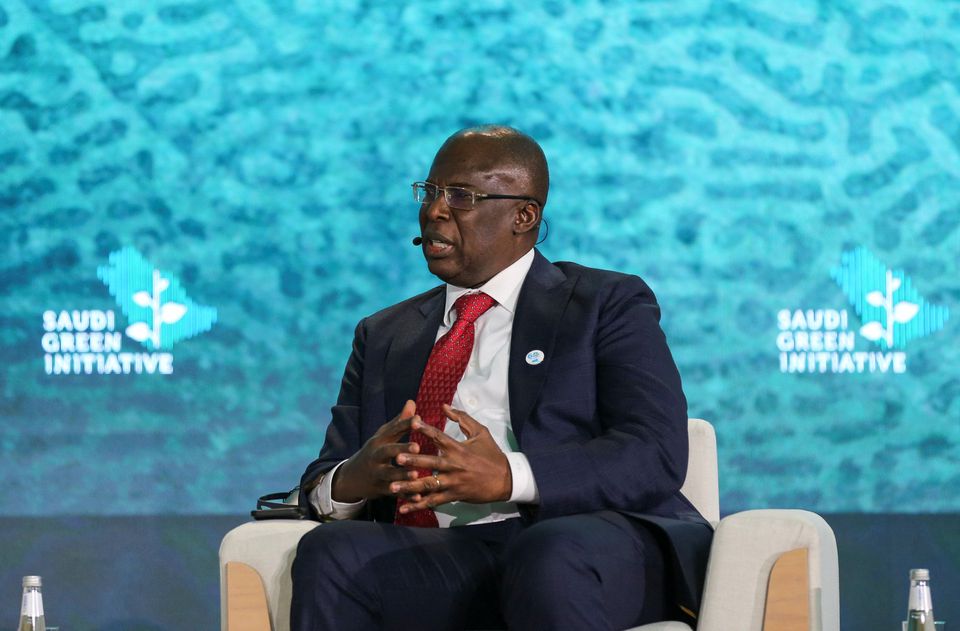(Reuters) – Nigeria expects to stop importing petroleum products from before or around the third quarter of 2023, its oil minister Timipre Sylva said on Tuesday.
Sylva said a refurbished refinery in the city of Port Harcourt in the oil-producing Niger Delta would be delivering 60,000 barrels per day of refined crude by the end of December.
The minister also said he still expects the new Dangote refinery to come on stream in the first quarter of next year.
“We’re expecting that we will actually be exiting the importation of petroleum products from maybe about third quarter next year if I was to give it a longer timeframe, but I believe that even before the third quarter next year,” Sylva said.
Nigeria’s production of crude had improved to about 1.3 million barrels per day from under 1 million barrels previously, and that the country hoped to meet its OPEC quota by May of next year, Sylva told reporters in Abuja.
Oil is Nigeria’s biggest export earner, but crude theft and vandalism of pipelines have cut oil and gas output, knocking the country from its spot as Africa’s top producer.
Nigeria swaps its crude for refined petroleum products but is in the process of modernising the Port Harcourt refinery at a cost of $1.5 billion.
With high global oil prices, Nigeria wants to refine its own fuels. Its previous efforts to revamp its refineries stalled, leaving it reliant on imports.








